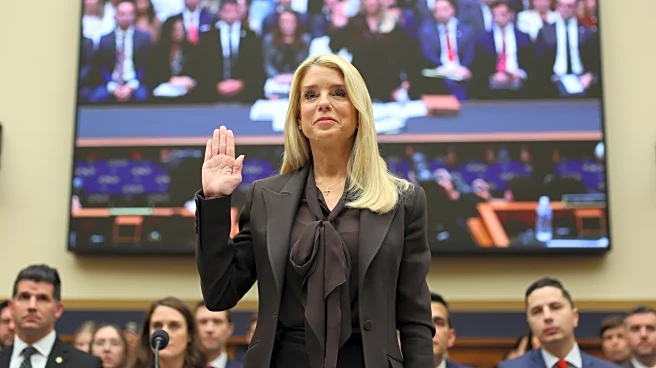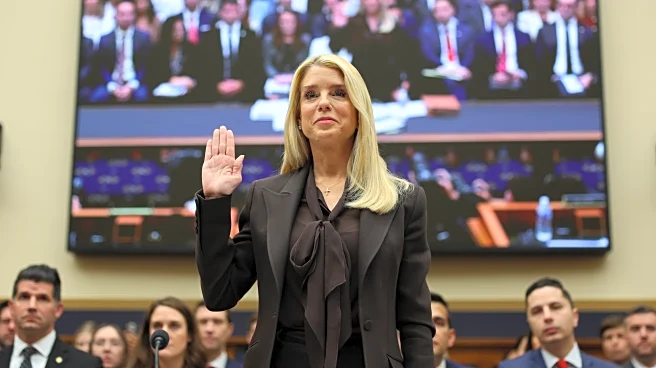Rapid Read • 8 min read
President Trump's administration has imposed tariffs on European Union goods, significantly impacting European businesses. Initially, a 20% tariff was announced on EU imports to the U.S., which was later reduced to 10% during negotiations. Eventually, a trade deal was reached, setting a 15% tariff on most European products sold in the U.S. This has created challenges for European companies like TenCate Grass, which relies heavily on the U.S. market for its artificial turf products. The tariffs have led to increased costs and uncertainty, forcing companies to reconsider their pricing strategies and investment plans. The situation is further complicated by ongoing trade tensions between the U.S. and Canada, affecting companies' supply chains and market dynamics.
AD
The tariffs imposed by President Trump have significant implications for the global supply chain and international trade relations. European companies, which are major players in various industries, face increased costs and operational challenges. This could lead to higher prices for U.S. consumers and potential shifts in sourcing strategies. The uncertainty surrounding U.S. trade policy under President Trump has made it difficult for businesses to plan long-term investments, potentially affecting economic growth and competitiveness. The tariffs also highlight the interconnectedness of global markets and the impact of political decisions on international business operations.
European companies are likely to continue navigating the challenges posed by the tariffs, potentially seeking ways to mitigate their impact through strategic partnerships or by shifting production. The ongoing trade tensions between the U.S. and Canada may also influence future trade policies and negotiations. Businesses will need to remain adaptable and responsive to changes in the trade environment, while policymakers may face pressure to address the broader economic implications of the tariffs.
The tariffs underscore the complexities of modern trade policies and their far-reaching effects on industries and economies. They raise questions about the balance between protecting domestic industries and maintaining healthy international trade relationships. The situation also highlights the need for businesses to develop resilient supply chains and strategies to cope with geopolitical uncertainties.
AD
More Stories You Might Enjoy












